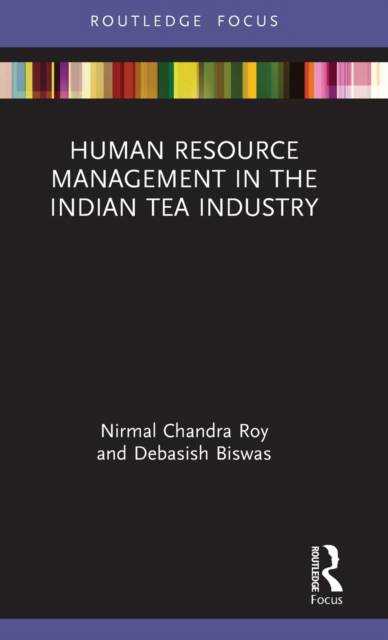
- Afhalen na 1 uur in een winkel met voorraad
- Gratis thuislevering in België vanaf € 30
- Ruim aanbod met 7 miljoen producten
- Afhalen na 1 uur in een winkel met voorraad
- Gratis thuislevering in België vanaf € 30
- Ruim aanbod met 7 miljoen producten
Omschrijving
Liberalization, Privatization and Globalization policy was advocated in India in 1991 under the supervision of P.V. Narasimha Rao, the then Prime Minister of India. As a consequence, the tea plantation industry was largely affected. It has confronted difficult competition because of the simplification of tariff barriers and the removal of the quantity restrictions on imports. The result of these on the share of export of Indian tea has declined, the price has plunged, and the profitability has reduced.
To remain competitive in the market, tea-producing companies have been forced to reduce the various costs, especially labour costs. Due to this, tea companies are not in a position to fulfil their responsibilities such as health, safety, welfare, and working conditions to the workers. Besides, improper recruitment of labour, lack of proper training facilities, and even irregularities in payment of wages have been increased significantly. As a result, 1.2 million workers in the tea industry to sustain themselves and their families have been adversely affected. This leads to labour unrest and the industry has become vulnerable. The final impact of all these issues spreads to the quality of tea and profitability of the industry in India. This book examines the existing human resource management practices in the Indian tea industry. It adopts a simplified yet comprehensive approach to showcase workforce management in the tea industry.
This book will be of value to postgraduate students, researchers, HR professionals, and policymakers in the fields of human resource management, business history, and industrial relations.
Specificaties
Betrokkenen
- Auteur(s):
- Uitgeverij:
Inhoud
- Aantal bladzijden:
- 106
- Taal:
- Engels
- Reeks:
Eigenschappen
- Productcode (EAN):
- 9780367679071
- Verschijningsdatum:
- 16/03/2021
- Uitvoering:
- Hardcover
- Formaat:
- Genaaid
- Afmetingen:
- 140 mm x 216 mm
- Gewicht:
- 272 g

Alleen bij Standaard Boekhandel
Beoordelingen
We publiceren alleen reviews die voldoen aan de voorwaarden voor reviews. Bekijk onze voorwaarden voor reviews.











